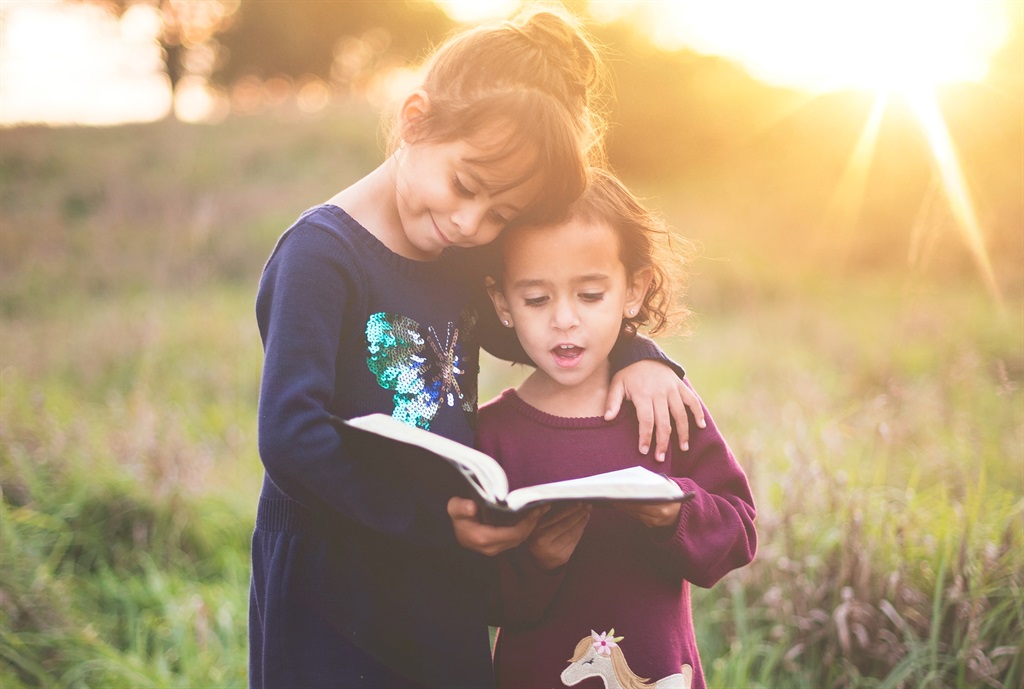
South African author Mabel Mnensa is one of the authors chosen to write a children's story for what is arguably South Africa's biggest literacy celebration, and the catalyst for many children's reading journeys.
In honour of Nal'ibali's annual World Read Aloud Day (WRAD) on 2 February 2022, Mnensa's latest children's story, A Party at the Park, has been translated into all 11 official South African languages, along with an additional six intercontinental languages, for sharing with children and families across Africa.
This World Read Aloud Day, Nal'ibali has asked families and members of the public to participate by reading the brand new story out loud, in hopes of reaching 3 million children and signing up 1 million families.
Mnensa, who is an English Literature Research Masters graduate with a Media, Communication and Culture degree, says that participating in Nalibali's read-aloud day provides a great opportunity to encourage children to begin to craft their own narrative and write their own stories.
"You can give them prompts or tell them a story, then ask them what they think will happen next. Knowing that they have a space to imagine and share their stories frees up and cultivates their imagination," explains Mnensa.
Anchoring moments
Growing up in South Africa in the 1990s, Mnensa was the third of four children and storytime was a big part of her family.
Almost every night, Mnensa's parents, and sometimes her older sister, would sit the younger children down and tell them an array of stories.
"There wasn't much left after all the bills were paid to buy books. But my childhood memories are filled with adventures in past and future worlds, in forests, in underworlds, and the characters I met through the stories I was read and told. My creativity and ways of engaging with the world was cultivated in the library, reading clubs and at home during family storytime," says Mnensa.
Mnensa says that she and her siblings got a thrill from being told stories and fables with teachable moments featuring "the wise turtle" or "the cunning rabbit" and sometimes even stories revolving around her lived experience.
"We were told an array of stories that left us in stitches, in awe and sometimes in mild terror," says Mnensa.
"These were anchoring moments that helped me find ways of engaging with the world. We were always pulled into the story and encouraged to engage in these moments. From these moments, my imagination began to wander, and I began to imagine my own stories and worlds."
Why representation matters
A recent report by Common Sense Media found that reading diverse stories has a profound influence on the effects of ethnic-racial representation in media that communicate certain cultural views as either 'normal' and therefore good, or 'different' and therefore bad.
These views can begin to shape children's understanding of themselves, their identities and the world around them.
Knowing this, Mnensa says that she believes in the power of words and stories and even went on to explore this idea in her master's dissertation on South African oral tradition.
Mnensa says she has been driven to write more representative stories in more diversely relatable languages as she felt that her identity was not reflected in these children's stories.
"The fables contained turtles, spiders and rabbits, and the stories I read were of children in the northern hemisphere who looked nothing like me. I was overridden with self-esteem issues, and it was only when I noted my niece's obsession with blonde hair and blue eyes that I linked body issues with the material we consumed."
This Wednesday, 2 February, members of the public are therefore encouraged to make a pledge on the WRAD page (or by Whatsapping 'WRAD' to 060 044 2254) and to download and share the story, so that more children can see themselves reflected in South African literature.
Chatback:
Share your stories and questions with us via email at chatback@parent24.com. Anonymous contributions are welcome.
Don't miss a story!
For a weekly wrap of our latest parenting news and advice sign up to our free Friday Parent24 newsletter.




 Publications
Publications
 Partners
Partners











